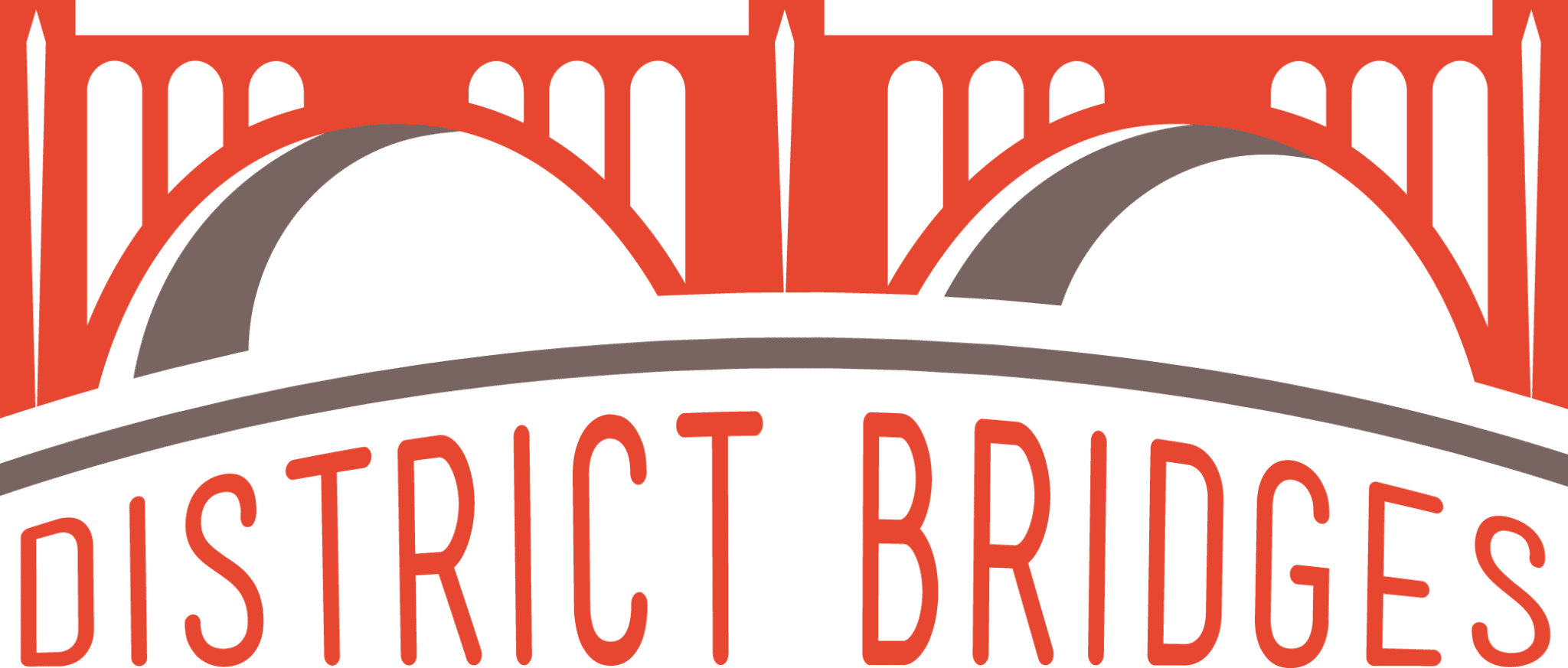How hyperlocal governance is helping restore a troubled Washington, D.C. public space

Like many cities, Washington, D.C. often takes a siloed approach to community development. While there are countless community-based organizations, place governance entities, and city agencies doing tremendous work in fields such as economic development, social services, housing, and education, these actors rarely work together to assess where community strengths lie, where stakeholder connections may be missing, or where service gaps exist. This fractured approach can hamper neighborhood progress and result in cascading consequences for residents and small businesses.
Using the case study of a declining public space in the heart of one of the District’s most vibrant neighborhoods, this piece examines the far-reaching consequences that community development siloes have on neighborhoods and introduces an actionable model for strengthening hyperlocal governance ecosystems through a more integrated approach. It shows how cities—by investing in hyperlocal governance—can tackle some of their most pressing challenges.
